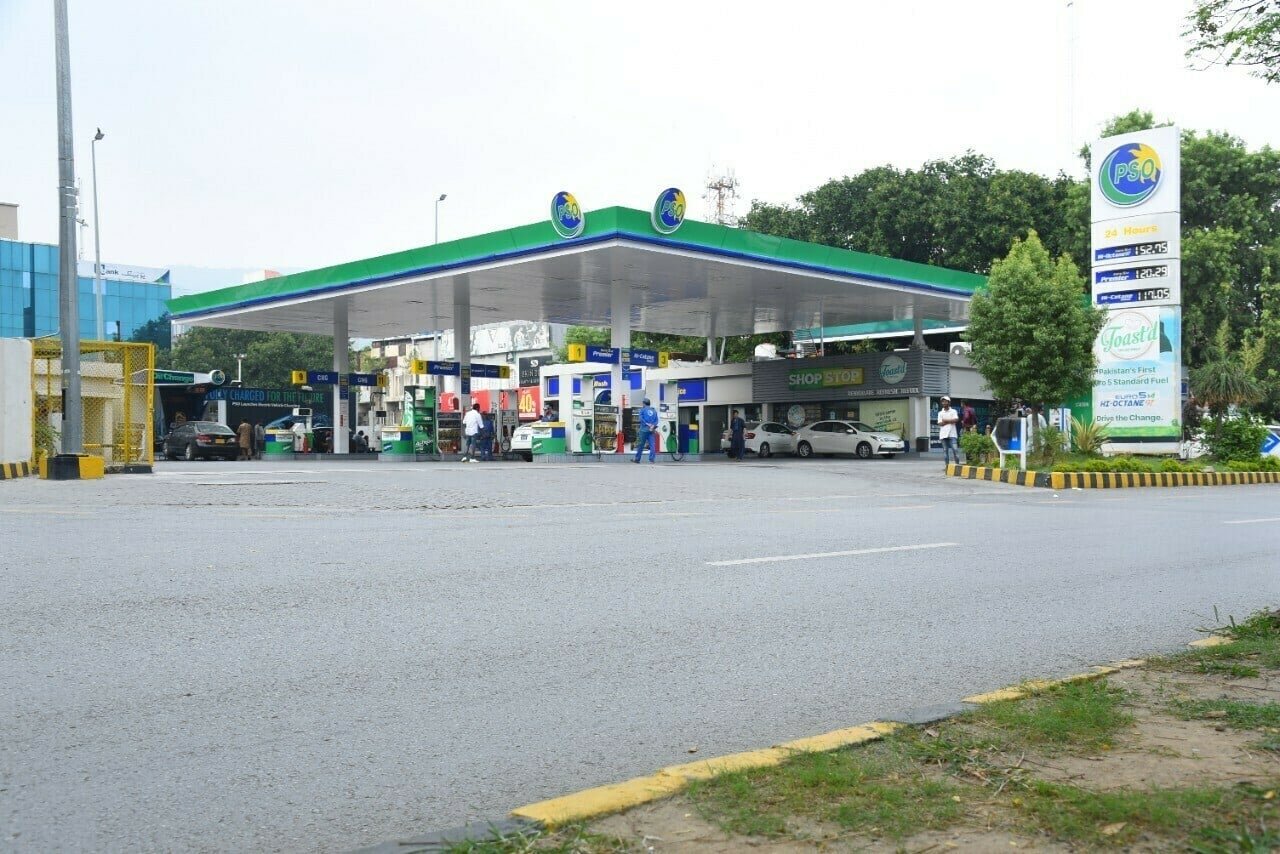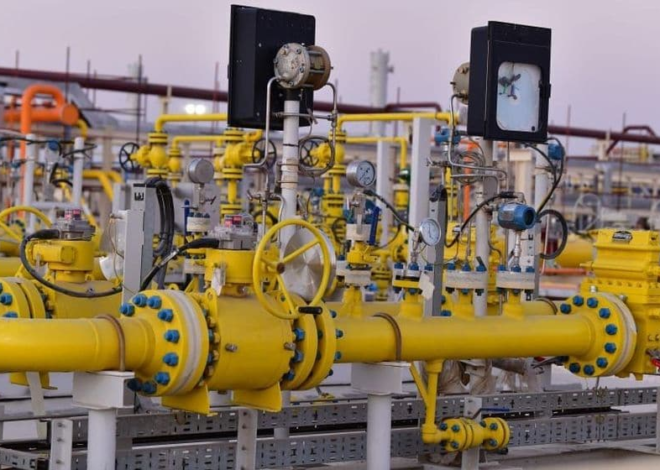
Relief for Pakistanis as Government Unveils Latest Petrol Price, High-Speed Diesel Rates
Consumers will feel some relief at the pumps this fortnight as the federal government confirmed a significant cut in high-speed diesel rates while leaving the latest petrol price unchanged. Effective from August 16, the adjustments will apply for the next 15 days and are part of the regular fortnightly review of petroleum product rates.
The new price of high-speed diesel now stands at Rs272.99 per litre, reflecting a drop of Rs12.84 from the previous Rs285.83. Diesel is critical to Pakistan’s transport and agriculture sectors, powering everything from freight trucks to farm machinery, so the cut is expected to have a wider impact on logistics and food supply costs.
In contrast, the latest petrol price remains fixed at Rs264.61 per litre. Petrol is the most widely used fuel in urban mobility, particularly for motorcycles, cars, and rickshaws, meaning the lack of change will keep daily commuting expenses stable for the time being.
Other Fuels See Price Adjustments
While the spotlight is on diesel, the government has also reduced prices for other petroleum products. Superior kerosene oil has dropped by Rs7.19, now costing Rs178.27 per litre compared to the previous Rs185.46. Light diesel oil has seen an even steeper cut of Rs8.20, bringing its rate down to Rs162.37 from Rs170.36.
These changes come after recommendations from the Oil and Gas Regulatory Authority (OGRA) and consultations with relevant ministries. The Finance Division said the revised prices reflect fluctuations in the global oil market, with international rates softening in recent weeks.
Market analysts note that while diesel’s price cut could ease inflationary pressure on goods transport, the unchanged petrol cost suggests the government is treading carefully, balancing consumer relief against fiscal constraints.
Impact on Households and Economy
Petrol prices directly affect the cost of living for lower- and middle-income households, as well as small businesses dependent on daily commuting. The stability in the latest petrol price means no immediate surge in personal transport costs, but families may still benefit indirectly from lower diesel-powered transportation expenses on essential goods.
For farmers, cheaper diesel could translate into reduced operational costs for tractors, tube wells, and harvesters, especially critical during peak agricultural activity. Businesses reliant on heavy transport, meanwhile, are expected to see modest savings that could be passed down the supply chain.
The new rates will remain in force until the next review at the end of August, when further adjustments could be announced based on global oil market trends.
Also, see:
Punjab Chief Minister Maryam Nawaz Embarks on Historic Visit to Japan







